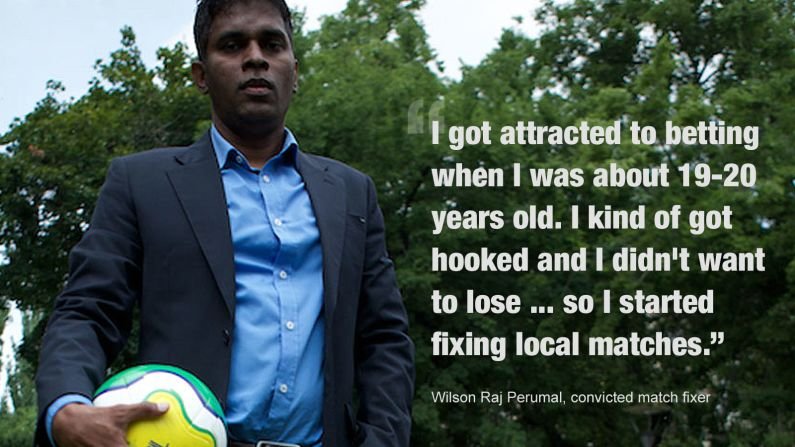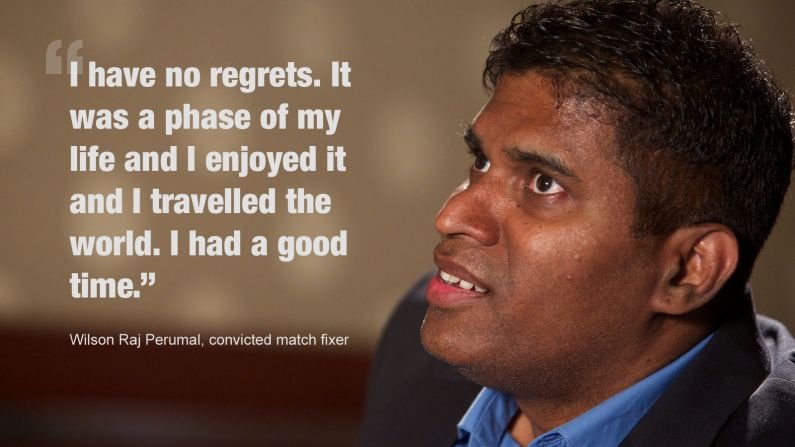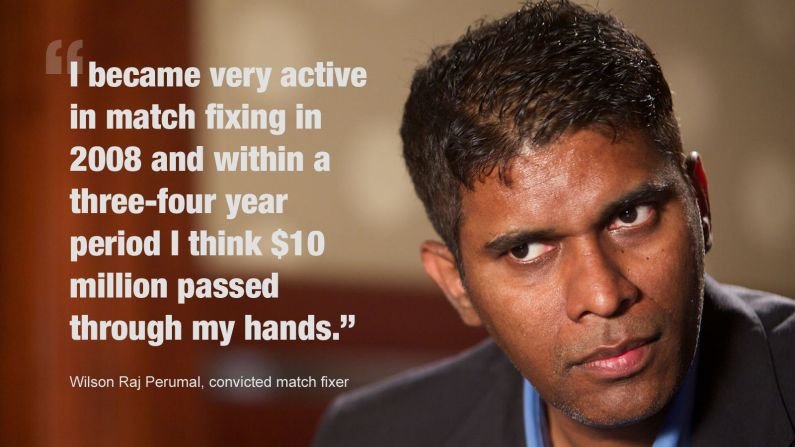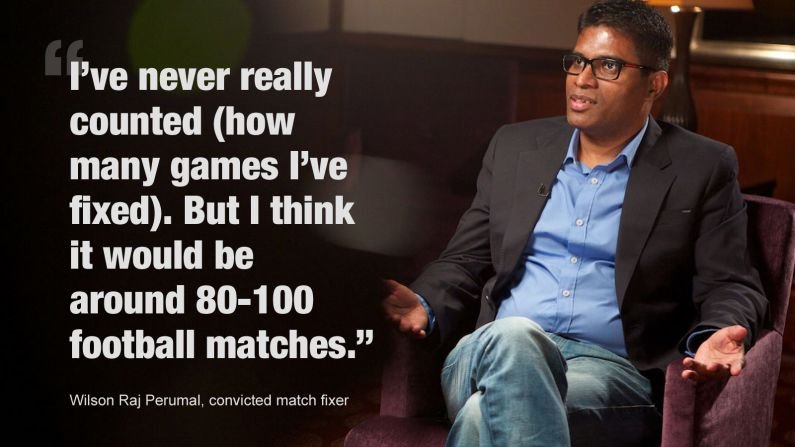Real Fixed Match Bets
Football real fixed match bets are the most popular sport bets on the planet. From grassroots to the elite leagues, the sport captivates billions worldwide. However, beneath the surface of this beautiful game lurks a darker reality: match-fixing. This malicious practice undermines the integrity of the sport, tarnishing its reputation. Match-fixers manipulate games, orchestrating outcomes for financial gain or other advantages. Although many organizations and governing bodies work tirelessly to eradicate this threat, match-fixing persists as a significant challenge.
To understand the full impact of match-fixing on football, one must first examine how it operates. Match-fixers do not simply affect the outcome of a single game. Instead, they compromise the entire ecosystem of the sport. They bribe players, referees, coaches, or officials, creating a ripple effect that affects teams, leagues, and even international tournaments. When games are fixed, trust between fans, teams, and organizations erodes. Fans want to believe that the sport is fair and that each game is a true competition. When match-fixing comes to light, the fans’ faith in the game is shattered.
Best Safe Manipulated Match Fixing
At its core, match-fixing revolves around manipulating the outcome of a match. However, the methods employed can vary. Some fixers focus on altering the final result, while others manipulate smaller aspects of the game, such as the number of goals, yellow cards, or other in-game occurrences. This is known as “spot-fixing.” By influencing specific aspects of a match, fixers can avoid detection while still profiting from betting markets.
One of the most common tactics used by match-fixers is bribery. Players, referees, or even team officials are offering financial incentives to underperform or make questionable decisions during a match. Sometimes, players are blackmailed or coerced into cooperating with match-fixers, especially when the individuals involved in fixing belong to organized crime groups.
It’s crucial to note that match-fixing isn’t limited to the top tiers of football. Lower league games are often more susceptible to fixing because they attract less attention from the media and governing bodies. Additionally, players in lower leagues may receive lower salaries, making them more vulnerable to bribery. The financial appeal can be difficult to resist, especially for those struggling to make ends meet.
True Correct Score Prediction 1×2 Real Fixed Match Bets
History is replete with high-profile cases of match-fixing that have sent shockwaves through the football community. Perhaps the most notorious case occurred in 2006 with the “Calciopoli” scandal in Italy. Major clubs such as Juventus, AC Milan, Fiorentina, Lazio, and Reggina were implicated in a wide-ranging conspiracy to influence the selection of referees for Serie A matches. This led to multiple teams being penalized, with Juventus receiving the harshest punishment: relegation to Serie B.
Calciopoli was not the only instance of match-fixing in Italy. A few years later, in 2011, another match-fixing scandal rocked Italian football. Known as “Scommessopoli,” this case involved players and coaches from clubs across various divisions. Betting syndicates influenced match outcomes, tarnishing the reputation of Italian football further.
Another significant case occurred in Turkey in 2011 when several top officials and players were arrest for their involvement in match-fixing. Fenerbahçe, one of the country’s biggest clubs, was stripped of its league title. The scandal shook Turkish football to its core, leading to lengthy bans and prison sentences for those involved.
Internationally, football has also been affected. In 2013, Europol revealed a massive match-fixing investigation that implicated over 400 individuals across 15 countries. The operation uncovered 680 suspicious matches, including World Cup qualifiers, Champions League games, and various domestic league matches. This scandal demonstrated the global nature of match-fixing and its ability to infiltrate even the most prestigious tournaments.
Real Site Anonymous Fixed
While individual actors may engage in match-fixing, organized crime plays a significant role in these activities. Criminal syndicates operate across borders, using football as a vehicle for money laundering, extortion, and illegal gambling. These organizations often exploit weaker football systems where regulations may be lax, and corruption is prevalent. Eastern Europe, Southeast Asia, and parts of Africa have been especially vulnerable to match-fixing syndicates.
Gambling markets are one of the primary drivers behind organized match-fixing. With billions of dollars being wagering on football games every year, the temptation to manipulate outcomes for profit is immense. Illegal betting markets, particularly in Asia, play a key role in sustaining these criminal activities. Syndicates bet on matches they know are fixed, ensuring a return on their investments. In some cases, players or referees are coercing into participating by threats to their safety or the safety of their families.
The sheer scale of these operations is staggering. Investigations have revealed that some syndicates fix matches not only in football but in various sports around the world. Football, however, remains one of the most lucrative targets due to its global reach and popularity.
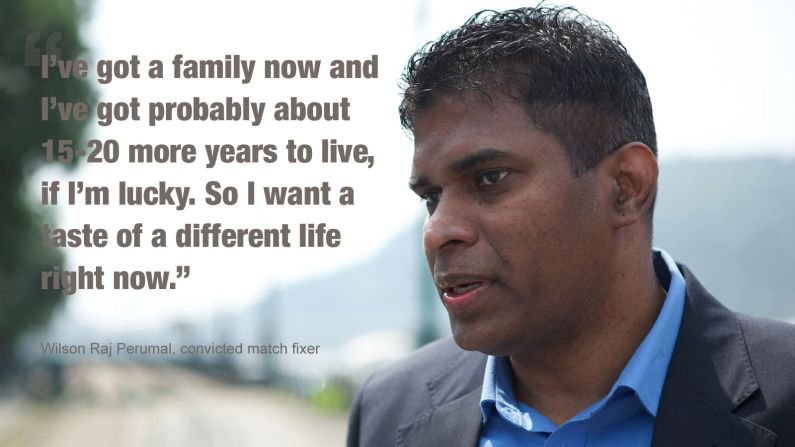
Exact Score Betting Prediction Free
In today’s digital age, technology has changed the landscape of exact score match-fixing. On one hand, technology has facilitated the rise of online betting, making it easier for match-fixers to place bets from anywhere in the world. With a few clicks, a fixer can bet on matches in obscure leagues or even on specific events within a game. The anonymity provided by online platforms has allowed match-fixers to operate with relative impunity, making detection more difficult.
On the other hand, technology has also become a valuable tool in the fight against match-fixing. Data analytics, for example, allows governing bodies to track betting patterns and identify suspicious behavior. When an unusual amount of money is bet on a seemingly unimportant match, it raises red flags. Similarly, match footage can be analyzing to detect irregularities in player performance or refereeing decisions.
In recent years, organizations like FIFA, UEFA, and Interpol have worked closely with betting companies and data analysis firms to develop systems that detect and prevent match-fixing. By identifying patterns in betting markets and game results, these systems help authorities to catch and prosecute those involved in fixing.
Football Prediction Live Bet 1×2
FIFA, the international governing body of football, has a responsibility to maintain the integrity of the sport. Over the years, FIFA has implemented numerous measures aimed at combating match-fixing. These include increased surveillance of betting markets, collaboration with law enforcement agencies, and the imposition of severe penalties on those found guilty of participating in fixing. Despite these efforts, match-fixing remains a pervasive issue.
UEFA, the governing body for European football, has also taken significant steps to address match-fixing. The organization works closely with national football associations to ensure that domestic leagues maintain the highest standards of integrity. UEFA’s Integrity Unit investigates suspicious matches and works with law enforcement agencies to bring fixers to justice.
However, these organizations face numerous challenges in their fight against match-fixing. One of the primary difficulties is the international nature of football. Matches are playing across borders, and fixers often operate in multiple countries, making coordination between different law enforcement agencies a complex task. Additionally, legal frameworks vary from country to country, meaning that punishments for match-fixing can differ significantly.
Match Fixing Secure 100% Sure Game
While match-fixing may seem like a victimless crime to some, the reality is far more complex. Players, coaches, referees, and even fans are affect by this illicit activity. For players, being involve in a match-fixing scandal can end a career. In some cases, they may face lifelong bans from the sport, financial ruin, and damage to their reputations. For those coerced or blackmailed into participating, the emotional and psychological toll can be immense.
Referees and officials are also at risk. They are often the targets of bribes, and when they refuse, they may face intimidation or threats. Some officials have had their lives and careers ruined by false accusations of involvement in match-fixing.
Fans, too, are victims. When they realize that the sport they love has been compromising, it erodes their trust in the game. Fans invest time, money, and emotion into football, and when they discover that results have been manipulated, they feel betrayed.
Moreover, match-fixing damages the integrity of the competitions themselves. Football Real Fixed Match Bets, at its core, is about fair competition. When that is compromise, the entire premise of the sport is calling into question.
Successful Real Fixed Match Bets
Addressing the issue of successful fixed matches requires a multi-faceted approach. Governing bodies, law enforcement, players, and fans all have roles to play in ensuring the integrity of the sport.
First and foremost, education is crucial. Players, particularly those in lower leagues or younger athletes, need to be educating about the dangers of match-fixing and the severe consequences of participating in it. Many players may not realize the full extent of the legal and financial repercussions they could face if caught. By raising awareness and providing support to vulnerable players, governing bodies can reduce the likelihood of players falling prey to match-fixers.
Additionally, stronger legal frameworks are necessary. Countries with weaker laws regarding anonymous fixed matches must work to strengthen their legislation. Harsh penalties, including long-term prison sentences, should be imposing on those found guilty of match-fixing. International cooperation between law enforcement agencies is essential, as match-fixing often involves criminal syndicates operating across borders.
Transparency in football organizations is also crucial. Clubs, leagues, and governing bodies must operate with full transparency to ensure that the integrity of the sport is maintaining. This includes providing clear guidelines on how to report match-fixing attempts and protecting whistleblowers who come forward with information.
Technological tools must continue to be developing and refining. Betting patterns should be monitoring more closely, and suspicious activity should be flag immediately. Data analysis and video technology should be utilizing to detect irregularities in player performance or refereeing decisions.
Lastly, fans must also play a role. They should remain vigilant and report any suspicious activity they notice, whether it be unusual betting patterns or strange occurrences during matches. Fans are the heart of the sport, and by taking an active role in protecting its integrity, they can help combat the scourge of match-fixing.
Match Fixing Real Fixed Match Bets
Match-fixing poses a serious threat to the integrity of football. It damages the sport’s reputation, undermines fair competition, and affects everyone involved, from players and officials to fans. While match-fixing remains a complex and global issue, solutions do exist. Through education, stronger legal frameworks, international cooperation, transparency, and technology, football can continue its fight against this pervasive problem. The road to eliminating match-fixing is long, but with continued vigilance and dedication, the sport can protect its integrity and preserve its place as the world’s most beloved game.









































































